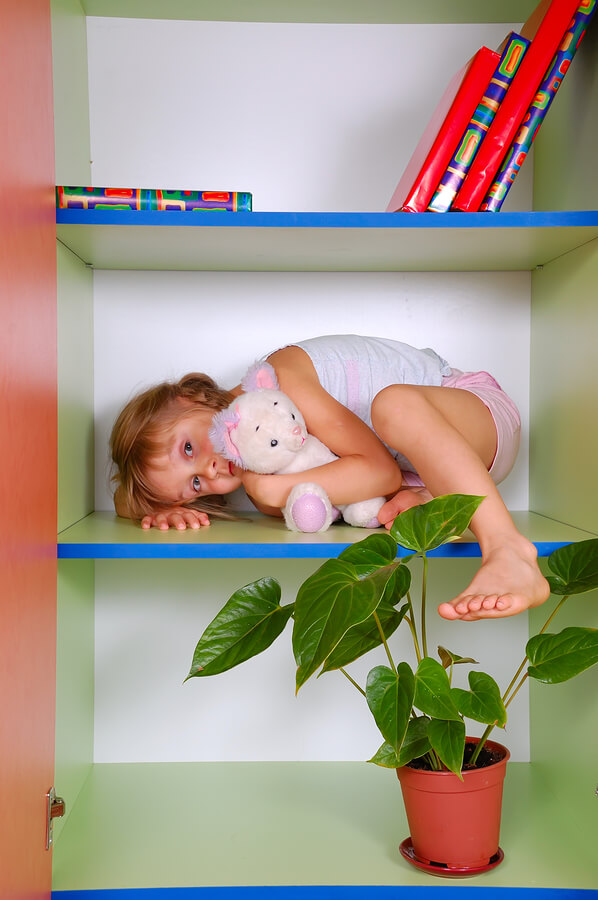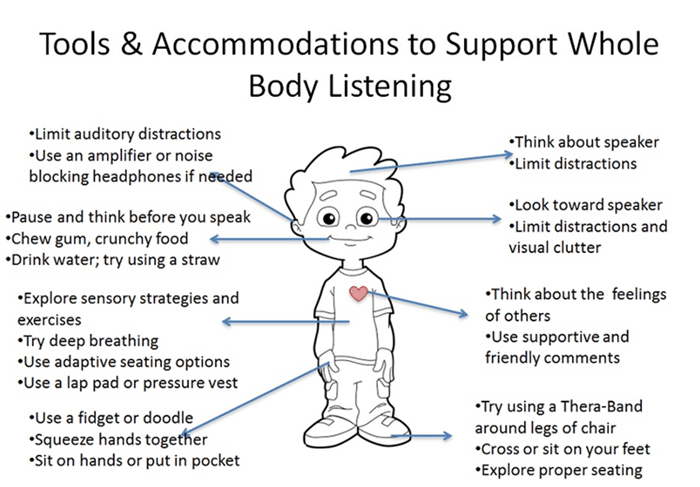“It Happens” – Autistic Individuals and Fecal Smearing
I receive a lot of questions every month about toileting difficulties. One question I am asked is what to do about fecal smearing. It’s an upsetting behavior because of the smell, mess, and unhygienic situation. Parents worry that fecal smearing will happen when their child is outside of their home – at school, daycare, or in a public place. It…













